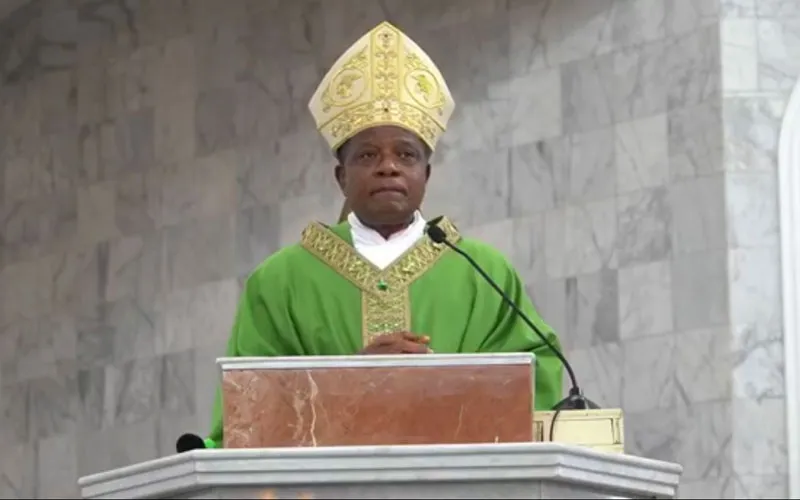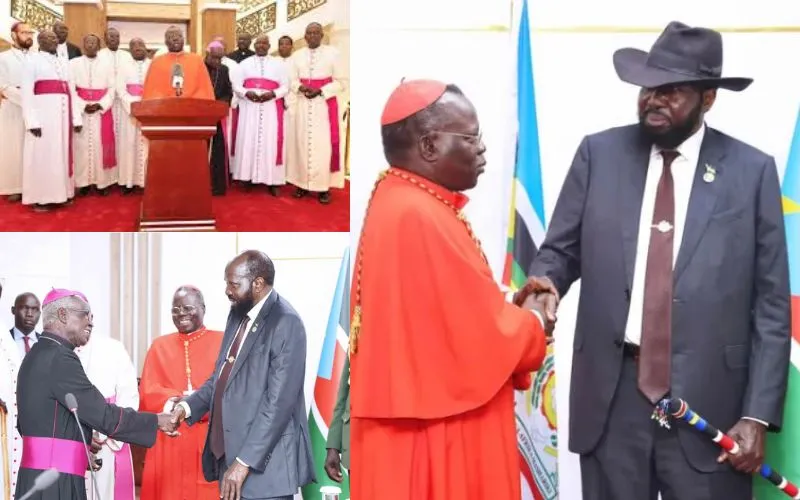Aboard the papal plane, 20 July, 2021 / 9:00 pm (ACI Africa).
Lack of good governance in Nigeria has created heroes out of criminals, the Catholic Bishop of Nigeria’s Nsukka Diocese has said, adding that the country’s poor governance has caused the worst division along political and religious lines in the history of the West African country.
In his Sunday, July, 18 homily, Bishop Godfrey Onah highlighted issues of bad governance that have come to the fore in Africa’s most populous nation, including arrogance, high-handedness, injustice, discrimination and lack of fairness in the legal and political systems.
These vices, the Bishop said, “have turned criminals into heroes, and scoundrels, self-seeking delusionary megalomaniacs into saviors of the people.”
“This is because a government that should be uniting the people is separating them,” Bishop Onah said, adding that dealing with criminals who are terrorizing the people, especially along religious lines, is only helping to boost their importance among their followers.
“I advise those who are leading us, no amount of arrests, no amount of harassment and intimidation, no amount of occupation of Eastern Nigeria or western Nigeria by military forces will stop the struggle or the fight for self-determination,” the Bishop said, and added, “The more you oppress those areas, the more those who claim to be their leaders will become important.”







